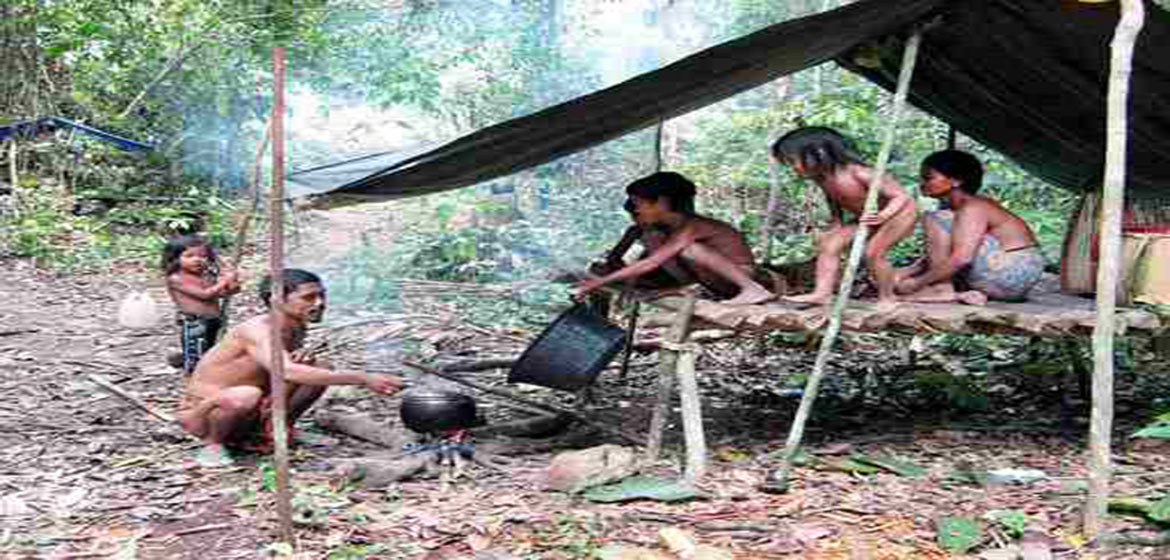Callistasia Anggun Wijaya
The criminalization and discrimination of indigenous people by the government and other parties has worsened, especially because no regulation protects their rights, says the Alliance of Indigenous People (AMAN).
'Every week, we received reports on the arrest of indigenous people and the determination of fugitive status,' AMAN secretary-general Abdon Nababan said at a press conference on Wednesday.
Abdon said that indigenous people were often arrested for farming their own land because the government had issued forest utilization licenses for their land to companies. He said indigenous people had also been criminalized when they tried to farm land that was within an area that the government had declared a national park despite it originally being their customary land.
Indigenous people are often labeled illegal miners even though their right to mine is stipulated in the Minerals and Coal Mining Law. Such cases occurred in Maluku, Banten Kidul, Sumatra and Kalimantan because the protection of indigenous people had remained weak, AMAN said.
Meanwhile, former environment minister Sonny Keraf said the government considered them to be illegal miners because they did not possess licenses, while in fact they were the original owners of the land. He blamed the government for not involving them in mining activities.
The government only recognizes companies, including foreign ones, as legitimate holders of mining licenses because they invest money, Sonny said.
According to AMAN, indigenous people often face difficulties in accessing government services, such as obtaining identity cards, which is because their animism faith is not recognized by the state. They also cannot access basic services, such as education and health care, because they live in remote areas.
Unfortunately, Abdon said, the government did not do its best to reach out to indigenous people, which had at times led to separatist sentiment. 'Indigenous people feel excluded. They feel disappointed and colonized by the state. Such disappointment is expressed by separatism movements, like that in Papua,' Abdon said.
AMAN has expressed disappointed that the bill on the protection of the rights of indigenous people (PPHMA) was not included in the 2016 national legislation program (Prolegnas) and has called on the government and the House of Representatives to give top priority to the bill so that it can be immediately approved.
'The bill [if endorsed] will strengthen the legal recognition of indigenous people and ensure respect for them,' Abdon said. (bbn)
Source:



